The actions were based on comments made by the public about an interim report issued in December 2014 by the ministry’s expert panel on the subject.
The Ministry will follow through on four items pointed out in the report, as follows:
- Continuing efforts to understand and evaluate exposure doses in the early period after the accident.
- Understanding changes in residents suffering from diseases in Fukushima Prefecture and neighboring prefectures.
- Enhancing investigations of residents’ health checks, focusing on thyroid check-ups.
- Continuing and enhancing the risk communication project.
A report by experts of the United Nations Scientific Committee on the Effects of Atomic Radiation (UNSCEAR) forecasts a low risk of cancer stemming from exposure to radioactive materials discharged in the Fukushima Daiichi accident.
Even so, the ministry will reinforce the support it gives to Fukushima Prefecture from the viewpoint of ensuring that residents continue to feel confident.
To enhance risk communication, the ministry will develop human resources to engage in related projects. At the same time, it will improve efforts to convey accurate information, including hosting seminars and study meetings for residents, in order to help them better understand the situation.


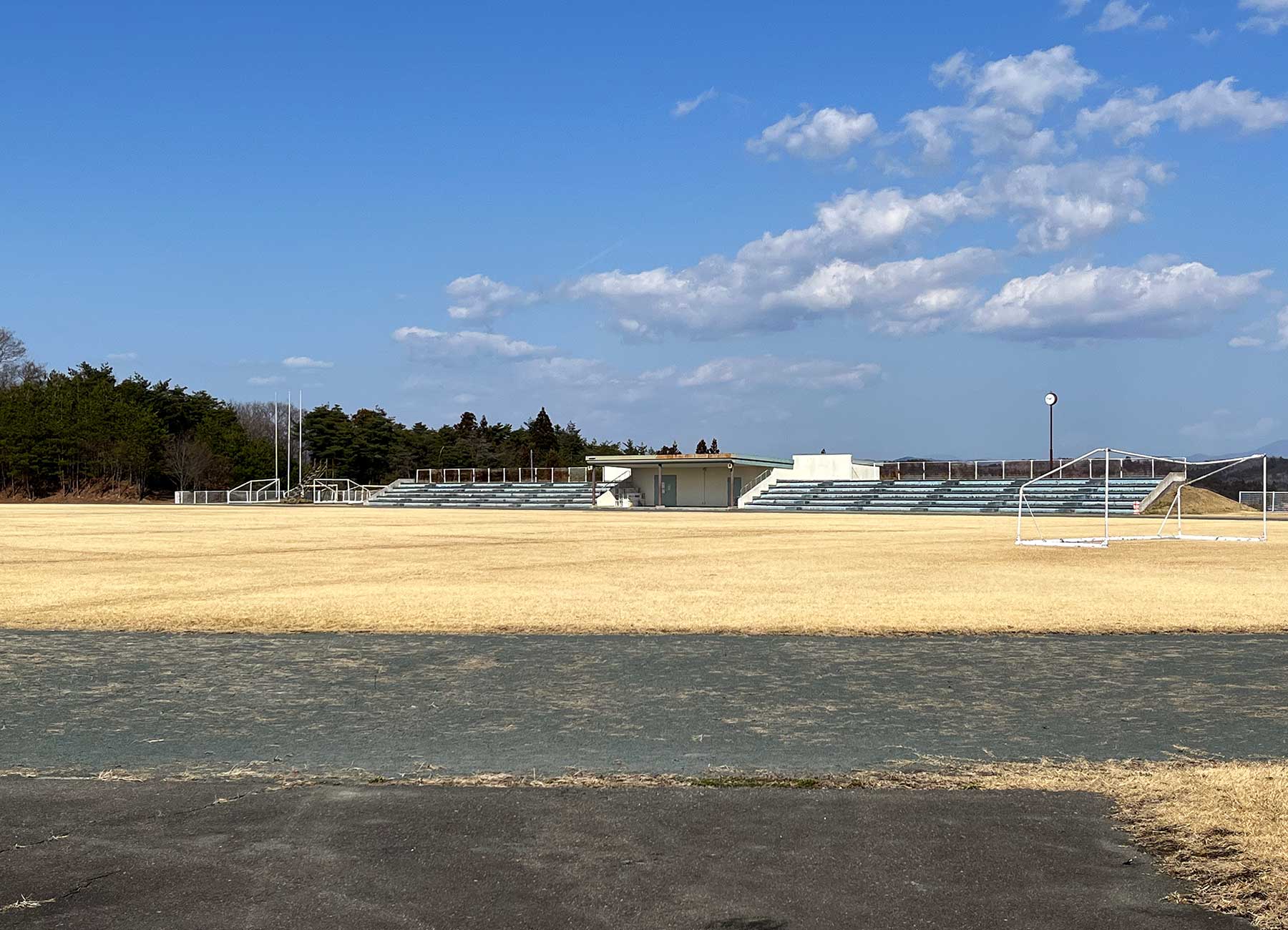
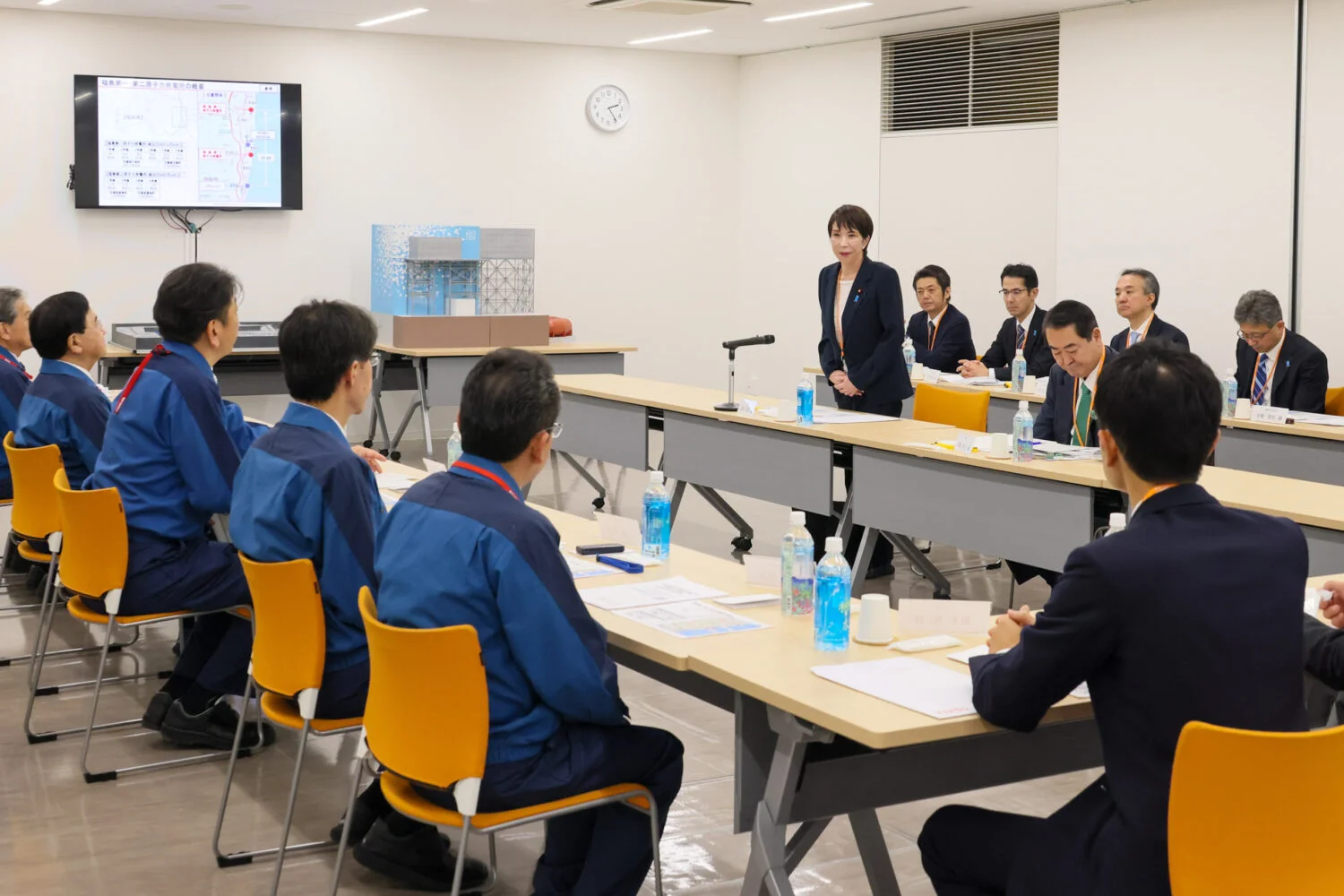


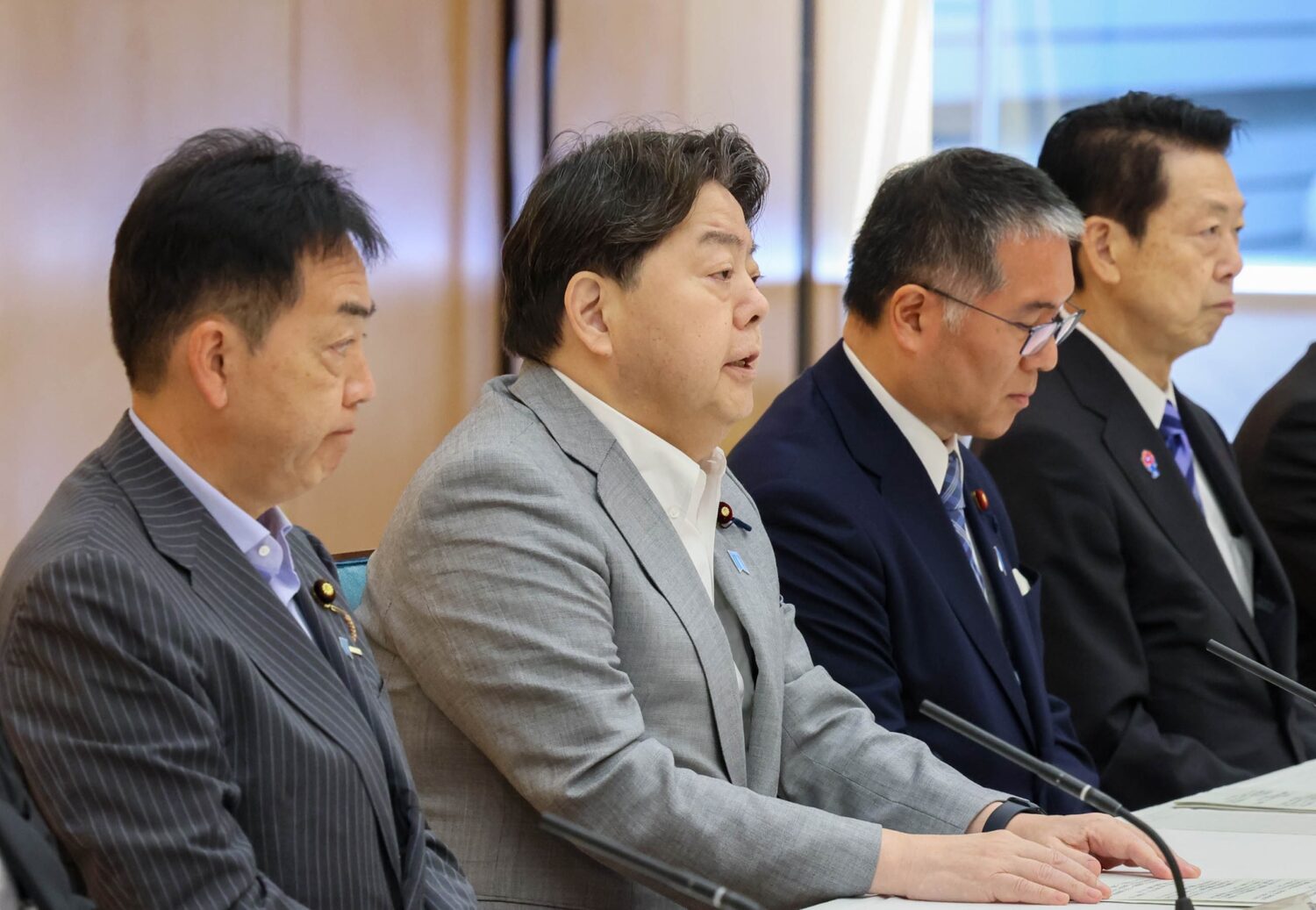
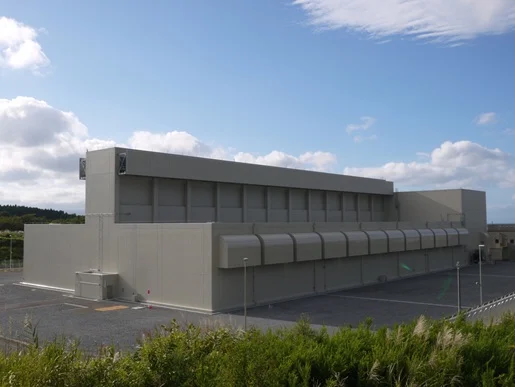




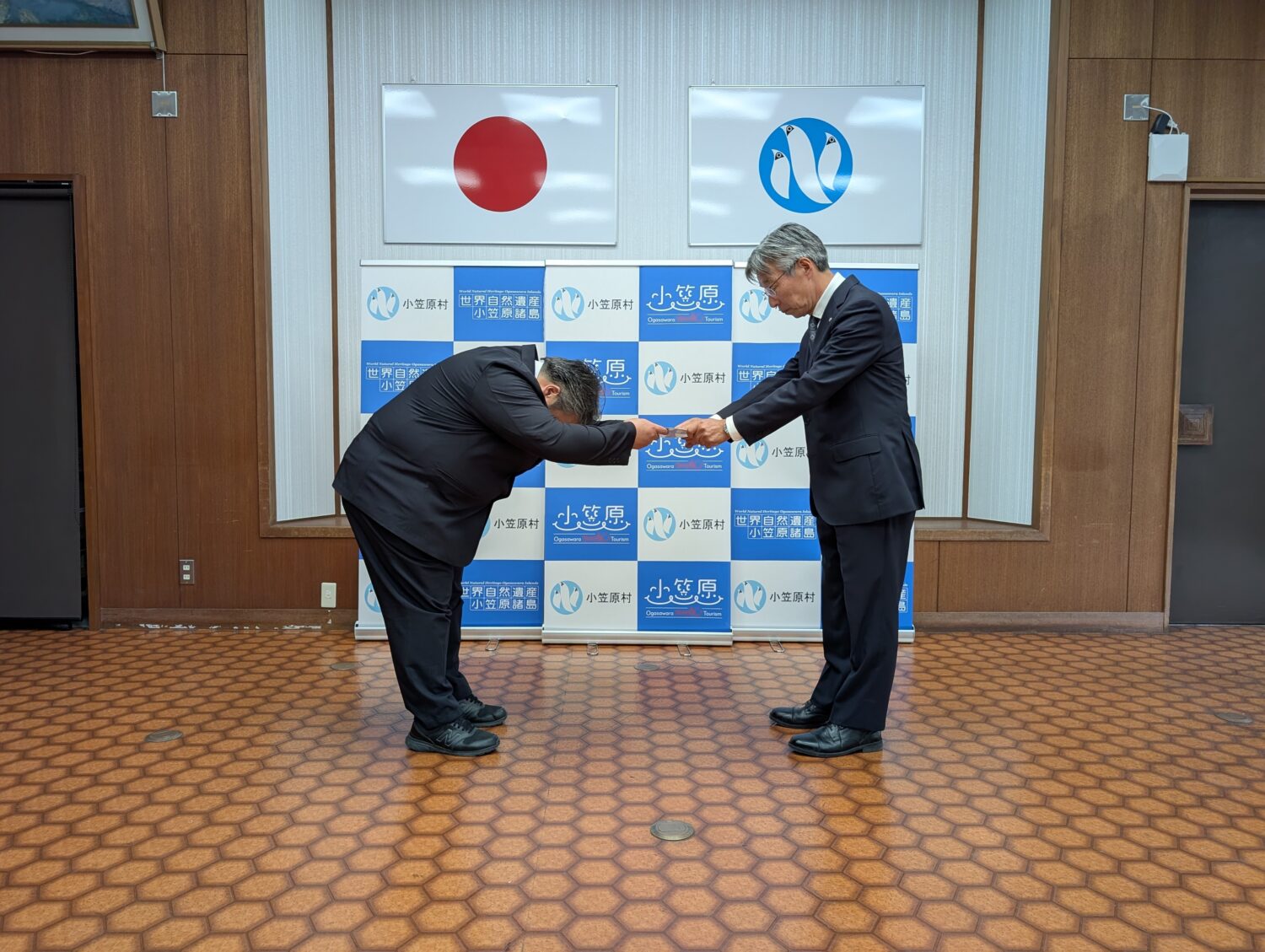

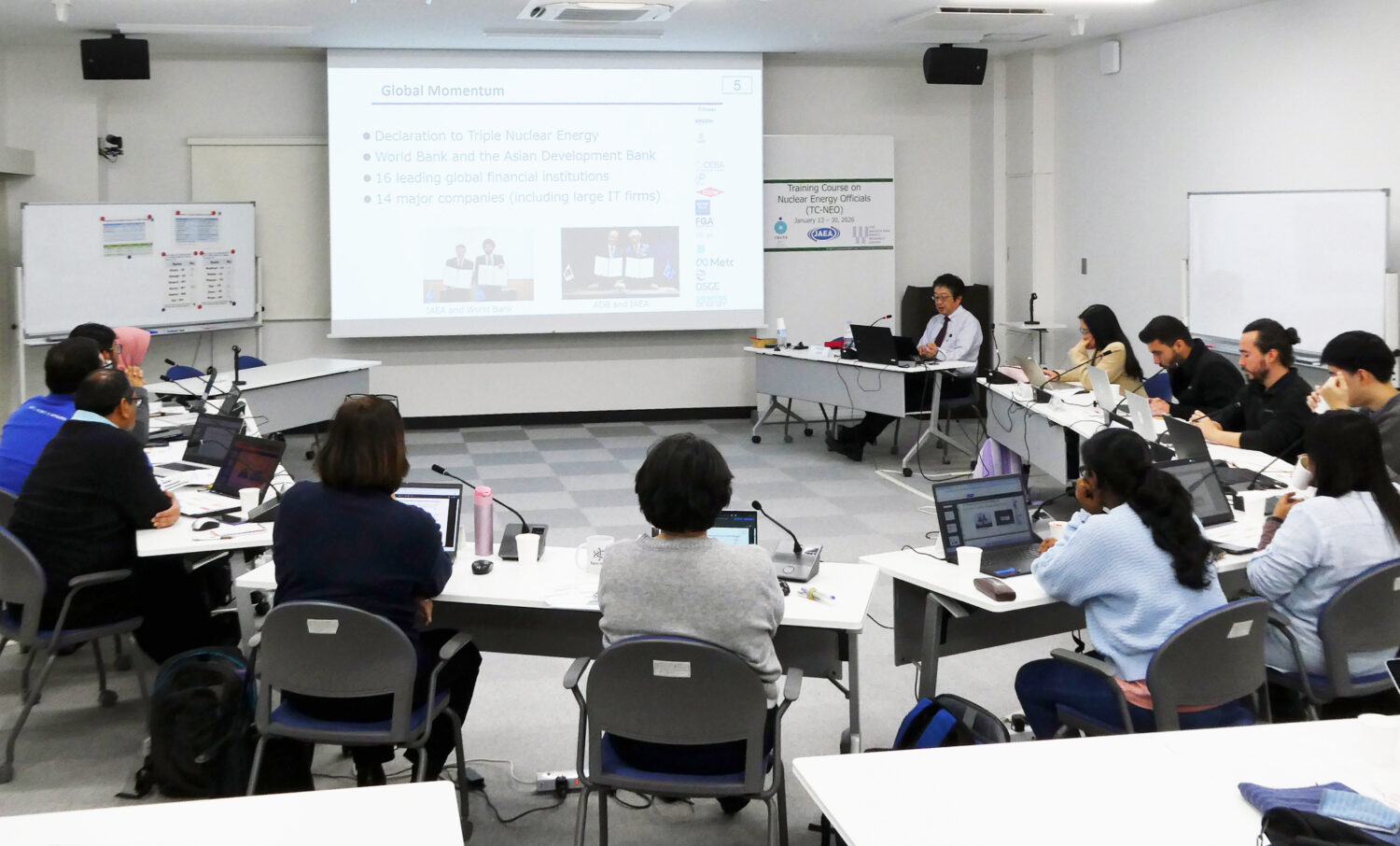
-013.jpg)




